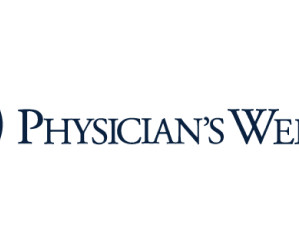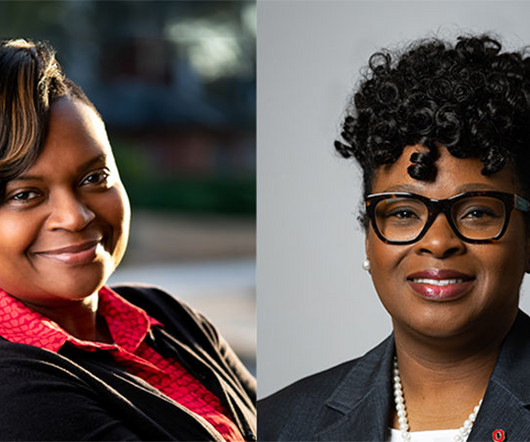Your Guide to Healthcare Careers in New Haven County, CT
Physicians Alliance of Connecticut
MAY 6, 2025
The state’s Department of Labor projects that healthcare practitioners and healthcare support occupations will see greater employment through 2030, particularly in chronic care and family medicine.













Let's personalize your content